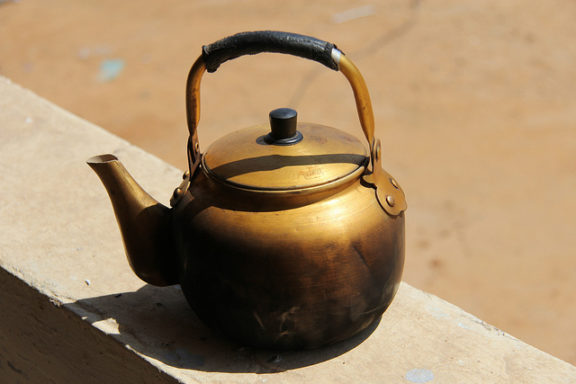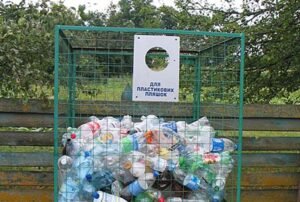
April 11, 2017; Open Democracy
In a beautiful essay in Open Democracy, Nazik Awad, a Sudanese activist who documented both war crimes and the work of human rights defenders in Sudan, writes about the emotional pain that not only eats away at your mental health but also, along with the consequences of inactivity, prevents you from pausing when maybe you ought.
For the most part, this newswire will use Awad’s own words because they need no intermediation:
Five years ago, I had to leave my country, escaping from espionage charges as a result of my documentation of the ongoing war crimes in Sudan. But I also know these things because I interviewed and documented dozens of experiences of grassroots activists inside Sudan, who are working in one of the most hostile environments for human rights defenders in the world. These women and men working in conflict areas or with displaced people were deeply involved and committed. They had never considered their own wellbeing neither as a priority nor as a right. One of the most courageous anti-genocide activists I have ever known used to wear dirty clothes and ride a donkey for weeks into remote areas of Darfur. He wanted to reach those women who had been mass raped by militias, while also taking pictures of the burned villages and the mass graves of his own people. I often asked him why he did not stop after ten years of doing this, as it clearly was taking a toll on his health, but he simply said to me, “I can’t.” I did not understand why at the time. When he died a year ago, I had been disconnected with him for a while so I asked about the reasons of his death. His family told me that, “For more than a year he turned to the bottle; he drank himself to death.” My friend and colleague died of depression, because he just could not stop his advocacy work, or did not know how to.
Studies support Awad’s conclusions. While no peer-reviewed study has looked into the mental health impacts of human rights activism by survivors specifically, there are studies that detail the impacts of human rights work in general. For instance, one study found high rates of depression, anxiety, and PTSD among 70 staff collecting human rights data in Kosovo. A more recent Internet-based survey of 346 human rights workers found results that mirrored those of the Kosovo study. Interestingly, this survey also found that 89 percent of those surveyed experienced secondary trauma through interviewing and documenting stories of survivors and witnesses. Of those who responded to the survey, 20 percent had directly experienced trauma because of their involvement in human rights work (for example, physical violence or hostage situations).
Sign up for our free newsletters
Subscribe to NPQ's newsletters to have our top stories delivered directly to your inbox.
By signing up, you agree to our privacy policy and terms of use, and to receive messages from NPQ and our partners.
Given the trauma survivors have already faced, it is fair to speculate that secondary and further primary trauma would have complex mental health effects on these activists. Further, because of their dedication to the cause, they may continue their work regardless of the health impact. Awad says, “The commitment and passion of grassroots advocates is admirable, but the main problem is that they do not know how to stop when they need to. Most of us feel that we should not stop, that we cannot leave our people’s fight.”
For grassroots activists, solidarity remains at the core of their coping strategies. One of the female activists who was a victim of rape in security detentions, as a result of her work, decided to share her relocation fund to help another colleague to relocate as well. We managed to find help for the raped activist to relocate and receive medical and psychological support, but she said: “My other colleague is at risk too, I will not leave her behind.” She made this decision because her colleague was living in a remote area inside the Nuba Mountains; she did not have access to Internet to apply for her own relocation or to communicate with protection networks. With a lack of resources to seek professional help, peer support has been the most effective—and often the only—safety and mental health network for grassroots advocates.
Awad suggests that more attention should be paid to the well being of activists who take on the most courageous of work in dangerous and unrelentingly oppressive environments and she charges NGOs with paying more attention.
The international donors and human rights defenders support networks need to take measures that consider the complicated challenges encountered by local defenders. More importantly, NGOs, either local or international, that recruit community-based activists must recognize their unique status and develop strategies that understand their vulnerabilities. Only when organizations approach this issue proactively will they be able to ensure the safety, wellbeing and work stability of advocates who are also victims.
—Sheela Nimishakavi and Ruth McCambridge













